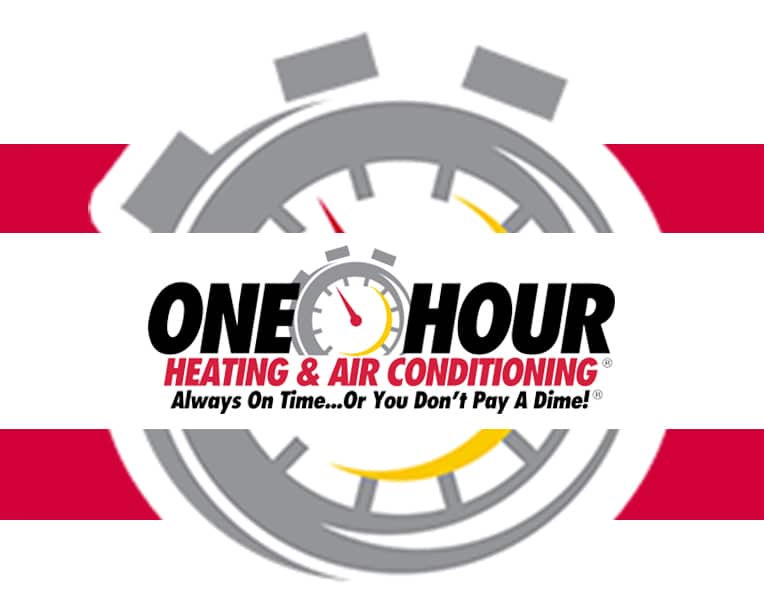Have you ever been stuck in a freezing house during winter or sweating in the summer heat because your HVAC system failed? Regular HVAC maintenance can prevent these uncomfortable situations.
By ensuring your heating and cooling systems are in top shape, you can enjoy a cozy home no matter the season.
In this guide, we’ll explore the importance of HVAC maintenance, the benefits of staying on top of it, and the risks you face if you don’t. Let’s dive in and keep your home comfortable all year long!
Importance of HVAC Maintenance
Your HVAC system, which stands for Heating, Ventilation, and Air Conditioning, works tirelessly to ensure your home is at the perfect temperature. Regular maintenance is key to keeping this system running smoothly and efficiently.
Benefits of Regular HVAC Maintenance
Maintaining your HVAC system regularly can save you a lot of headaches and money in the long run. Here’s how:
- Improved Efficiency: When your HVAC system is well-maintained, it doesn’t have to work as hard to heat or cool your home. This means lower energy bills and a more eco-friendly home.
- Extended Lifespan: Just like regular check-ups keep you healthy, routine maintenance helps extend the life of your HVAC system.
- Better Air Quality: A clean HVAC system improves the air quality in your home, reducing allergens and dust.
- Fewer Repairs: Regular check-ups can catch small problems before they turn into big, costly repairs.
In essence, regular HVAC maintenance is a small investment that yields significant benefits in comfort, savings, and peace of mind.
Potential Risks of Neglecting HVAC Maintenance
On the flip side, neglecting your HVAC maintenance can lead to a host of problems. Here are a few risks:
- Higher Energy Bills: A neglected system works harder, using more energy and raising your utility bills.
- Frequent Breakdowns: Without regular maintenance, small issues can go unnoticed and lead to bigger problems, causing your system to break down more often.
- Poor Air Quality: Dust, mold, and other pollutants can build up in an unmaintained system, lowering the air quality in your home.
- Shorter Lifespan: Ignoring maintenance can significantly shorten the lifespan of your HVAC system, leading to the need for a costly replacement sooner than expected.
In summary, regular HVAC maintenance is crucial for the efficiency, longevity, and health of your HVAC system. Don’t wait for a breakdown to remind you of its importance.
Monthly HVAC Maintenance Tasks
Inspect and Replace Air Filters
One of the simplest yet most important tasks is inspecting and replacing your HVAC air filters. A dirty filter can restrict airflow and reduce efficiency, leading to higher energy costs.
Check your filters once a month and replace them if they’re dirty or clogged. Using high-quality filters and following the manufacturer’s recommendations can significantly improve air quality and system performance.
Check Thermostat Settings
Another important task is to check your thermostat settings. This helps maintain a comfortable temperature in your home and saves energy.
Make sure your thermostat is set to a temperature that suits your needs, adjusting it lower in winter and higher in summer.
Investing in a programmable thermostat can automatically adjust the temperature based on your schedule, enhancing efficiency and comfort.
Clear Debris from Outdoor Units
Your HVAC’s outdoor unit can collect debris like leaves, dirt, and grass clippings, which can hinder its performance. Inspect the outdoor unit monthly and remove any debris around it to ensure proper airflow.
Keeping at least two feet of clearance around the unit and cleaning the fins with a garden hose can prevent buildup. Maintaining a clean outdoor unit helps your HVAC system operate efficiently and effectively.
Spring HVAC Maintenance Checklist
Inspect Refrigerant Levels and Pressures
Checking the refrigerant levels and pressures is crucial for your HVAC system’s performance. Low refrigerant levels can cause your system to work harder, leading to higher energy costs and potential damage.
Have a professional inspect the refrigerant levels and adjust them if necessary. Keeping the refrigerant levels in check ensures your system runs efficiently and effectively.
Clean Evaporator and Condenser Coils
Dirty evaporator and condenser coils can reduce your HVAC system’s efficiency and increase energy consumption. Cleaning these coils in the spring helps maintain optimal performance.
Carefully remove any dirt, dust, and debris from the coils to ensure proper heat exchange. Regularly cleaning the coils can prolong the life of your HVAC system and enhance its efficiency.
Check and Clean Condensate Drain Lines
The condensate drain lines can become clogged with dirt and debris, leading to water damage and decreased efficiency. Checking and cleaning these lines in the spring is essential to prevent blockages.
Ensure the lines are clear and properly draining to avoid any potential issues. Keeping the condensate drain lines clean helps maintain the overall health of your HVAC system.
Summer HVAC Maintenance Tasks
Ensure Proper Insulation of Refrigerant Lines
Proper insulation of refrigerant lines is crucial for maintaining your HVAC system’s efficiency. Inspect the insulation on these lines to ensure it’s intact and not damaged.
Damaged or missing insulation can cause energy loss and reduced cooling efficiency. Replacing any worn-out insulation will help your system operate more effectively and keep your home cool.
Inspect Fan Blades and Motor
The fan blades and motor are critical components of your HVAC system. Inspect the fan blades for any signs of damage or wear, and clean them to remove dust and debris. Check the motor to ensure it’s running smoothly and efficiently.
Keeping these components in good condition can prevent costly repairs and improve the overall performance of your HVAC system.
Verify and Adjust Thermostat Settings for Cooling
During the summer, it’s important to verify and adjust your thermostat settings for optimal cooling. Make sure your thermostat is set to a comfortable temperature that doesn’t overwork your system.
Consider using a programmable thermostat to automatically adjust the temperature based on your schedule. This can help save energy and reduce cooling costs while maintaining a comfortable indoor environment.
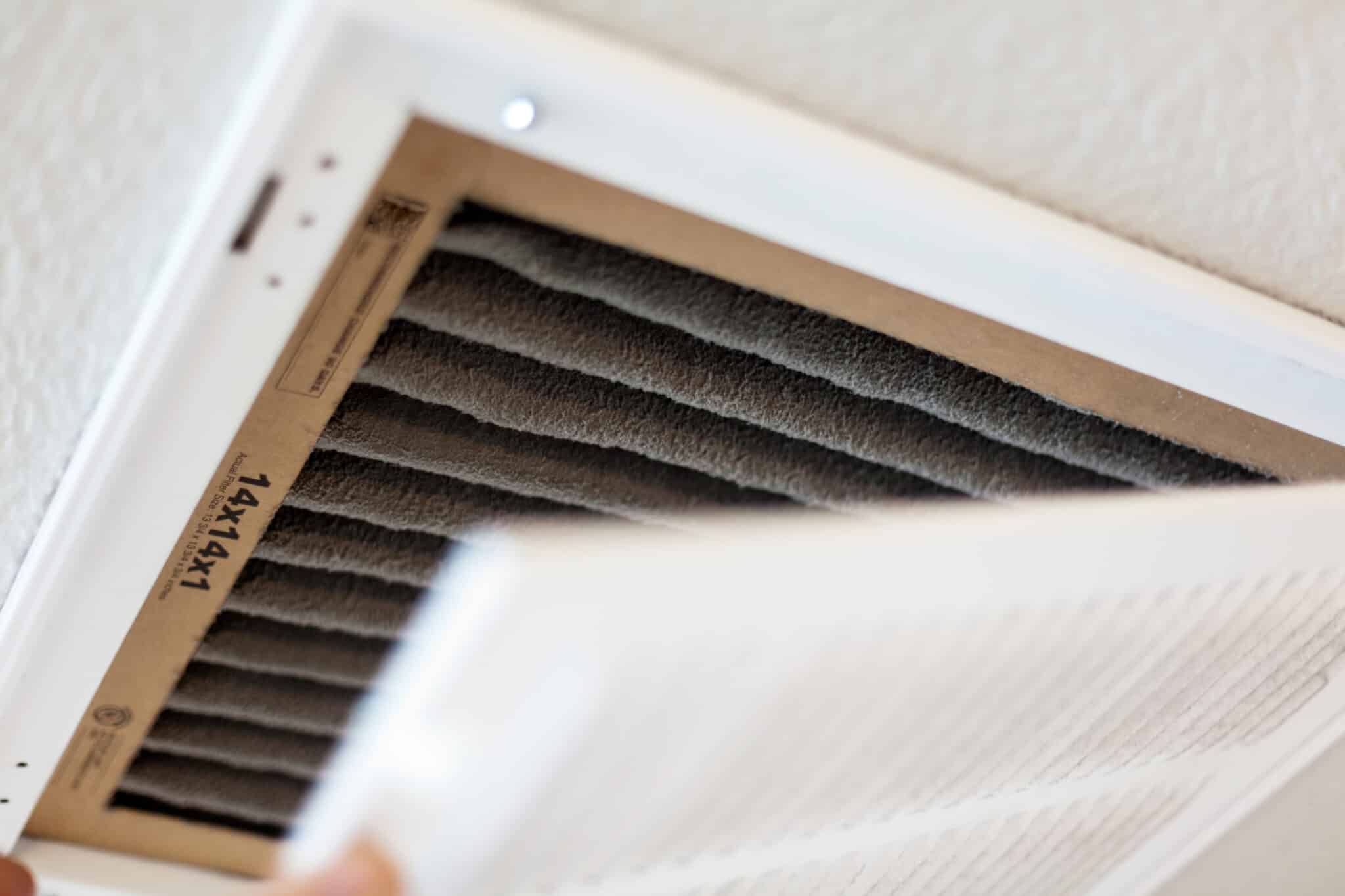
Fall HVAC Maintenance Checklist
Inspect and Clean Furnace Burners
Inspecting and cleaning the furnace burners is vital for efficient heating. Over time, burners can accumulate dust and debris, which can affect their performance.
Carefully clean the burners to ensure they ignite properly and provide even heating. Regular cleaning helps maintain the efficiency of your heating system and prevents potential issues.
Check and Replace Humidifier Pads
If your HVAC system includes a humidifier, it’s important to check and replace the humidifier pads. These pads can become clogged with mineral deposits, reducing their effectiveness.
Replacing the pads ensures that your humidifier functions properly, adding moisture to the air and improving indoor comfort during the dry winter months.
Inspect the Flue System for Proper Ventilation
A properly functioning flue system is crucial for safe and efficient heating. Inspect the flue system for any blockages or damage that could impede ventilation. Ensure that the flue pipes are securely connected and free from obstructions.
Proper ventilation prevents the buildup of harmful gases and ensures the safe operation of your heating system.
Winter HVAC Maintenance Tasks
Inspect and Test Carbon Monoxide Detectors
Carbon monoxide detectors are a vital safety feature in any home with a heating system. During winter, it’s important to inspect and test these detectors to ensure they’re functioning correctly.
Replace the batteries and test the alarm to make sure it’s working. Properly functioning carbon monoxide detectors can save lives by alerting you to dangerous gas leaks.
Check Blower Assembly for Proper Function
The blower assembly is responsible for circulating warm air throughout your home. Inspect the blower assembly to ensure it’s clean and functioning properly.
Remove any dust and debris that may have accumulated, and check for signs of wear or damage. A well-maintained blower assembly ensures efficient airflow and consistent heating.
Ensure Heating Elements are in Good Condition
Your heating system’s elements, such as the heat exchanger or electric coils, should be in good condition to provide effective heating. Inspect these elements for any signs of damage or wear.
If you notice any issues, contact a professional to repair or replace the damaged components. Keeping the heating elements in good condition is crucial for maintaining a warm and comfortable home during winter.
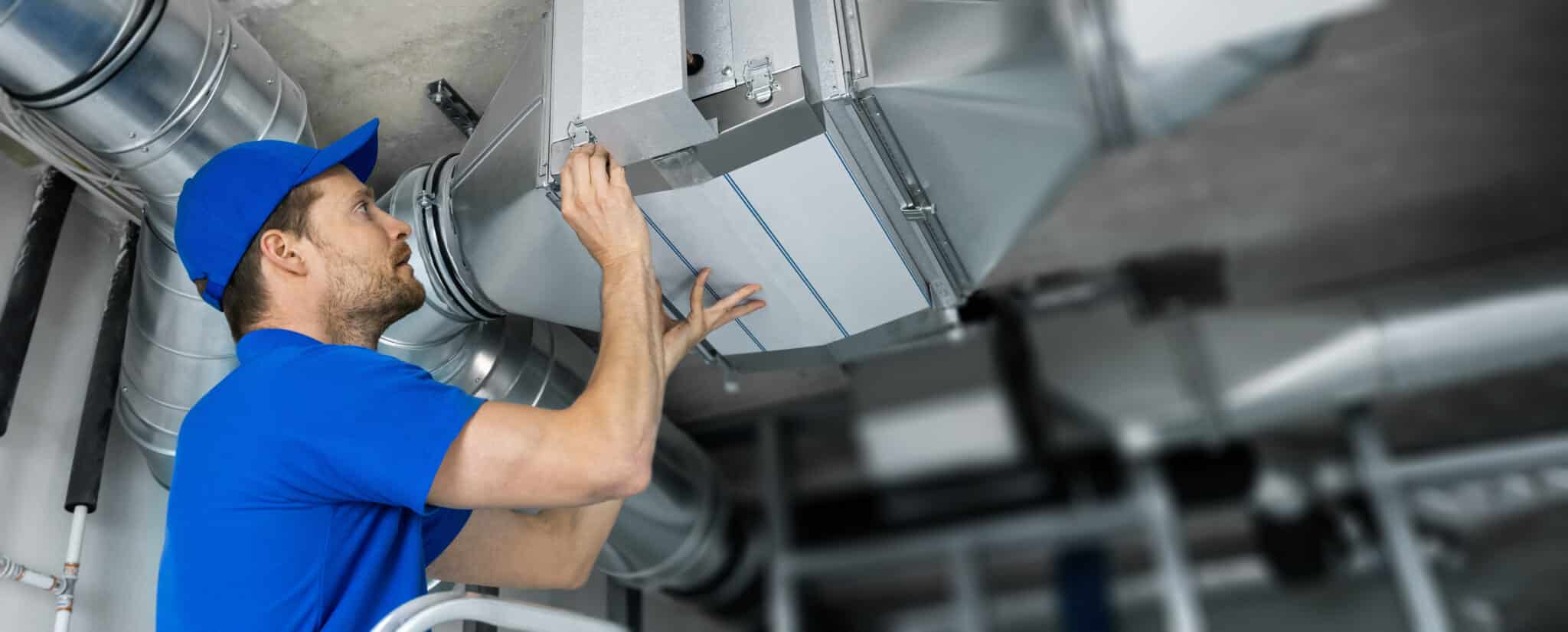
Annual Professional HVAC Inspection
Importance of Professional HVAC Servicing
Professional HVAC servicing is essential for several reasons. Technicians have the expertise to thoroughly inspect and maintain your system, which helps prevent costly breakdowns and extends its lifespan.
They can spot potential problems early, saving you from unexpected repair bills. Regular professional servicing also ensures your HVAC system operates at peak efficiency, which can lower energy costs and improve indoor air quality.
Key Components Checked During Professional Inspection
During a professional HVAC inspection, several key components are checked to ensure optimal performance. Technicians will inspect the thermostat settings to verify accurate temperature control and the electrical connections to ensure they are tight and secure.
They will also check the system’s controls to ensure safe and proper operation and lubricate all moving parts to reduce friction and wear.
DIY vs. Professional HVAC Maintenance
Tasks Suitable for Homeowners
There are several maintenance tasks that homeowners can easily handle. These include regularly inspecting and replacing air filters, checking thermostat settings, and clearing debris from outdoor units.
Cleaning and inspecting visible components, such as the blower assembly and evaporator coils, can also be done with basic tools and a bit of know-how.
By staying on top of these tasks, you can improve your system’s efficiency and prevent minor issues from becoming major problems.
When to Call a Professional
Certain maintenance tasks require the expertise of a professional HVAC technician. These include inspecting and adjusting refrigerant levels, checking electrical connections, and performing a comprehensive system inspection.
Professionals have the tools and knowledge to safely handle these tasks and ensure your system is operating correctly.
Additionally, any repairs involving the furnace burners, heat exchangers, or flue systems should be left to professionals to ensure safety and proper function.
Safety Considerations
Safety is a crucial factor when deciding whether to tackle HVAC maintenance tasks yourself or call a professional. Homeowners should avoid tasks that involve electrical components, refrigerants, or intricate system diagnostics.
Professionals are trained to handle these components safely and can identify potential safety hazards that might not be obvious to the untrained eye.
Ensuring that maintenance is done correctly and safely can prevent accidents and extend the life of your HVAC system.
Common HVAC Problems and Solutions
Identifying Common HVAC Issues
Some common HVAC issues include uneven heating or cooling, strange noises, and poor airflow. You might also notice higher energy bills or that your system cycles on and off more frequently than usual. Recognizing these signs early can help you address problems before they become more serious.
Troubleshooting Tips
If you experience uneven heating or cooling, check your air filters first. Dirty filters can restrict airflow and cause temperature imbalances. For strange noises, inspect the system for loose parts or debris in the blower assembly.
Poor airflow could be due to blocked vents or ducts, so make sure all vents are open and unobstructed. If your energy bills are higher than usual, ensure your thermostat settings are optimized for efficiency.
When to Seek Professional Help
While some issues can be resolved with simple troubleshooting, others require professional attention.
If you notice persistent problems like frequent cycling and unusual smells, or if your system fails to heat or cool properly despite basic maintenance, it’s time to call a professional.
Technicians have the expertise to diagnose and fix complex issues, ensuring your system operates efficiently and safely.
Energy Efficiency Tips for HVAC Systems
Tips for Reducing Energy Consumption
One of the simplest ways to reduce energy consumption is by regularly replacing your HVAC air filters. Clean filters improve airflow and system efficiency, reducing the energy needed to maintain comfortable temperatures.
Another effective strategy is to set your thermostat to an energy-saving temperature. During the winter, lower your thermostat when you’re asleep or away from home, and do the opposite in summer.
Benefits of High-Efficiency Filters
High-efficiency filters can significantly enhance your HVAC system’s performance. These filters capture more dust, pollen, and other airborne particles than standard filters, which improves indoor air quality and system efficiency.
By keeping your system cleaner, high-efficiency filters reduce the strain on your HVAC system, leading to lower energy consumption and fewer maintenance issues. They are especially beneficial for households with pets or allergy sufferers.
Programmable Thermostats and Energy Savings
Investing in a programmable thermostat can lead to substantial energy savings. These devices allow you to set specific temperatures for different times of the day, ensuring your HVAC system only works as hard as necessary.
For example, you can program the thermostat to lower the temperature at night or when you’re not at home, and raise it before you wake up or return.
This precise control over your heating and cooling schedule can significantly reduce energy use and lower your utility bills.
Enhancing Indoor Air Quality
Role of HVAC in Indoor Air Quality
The HVAC system does more than just regulate temperature; it also helps filter and circulate the air inside your home. A well-maintained HVAC system can remove dust, pollen, pet dander, and other allergens, improving the overall air quality.
Regular maintenance, such as changing air filters and cleaning ducts, ensures that your system is effectively trapping these particles and not recirculating them into the air you breathe.
Using Air Purifiers and Humidifiers
In addition to your HVAC system, using air purifiers and humidifiers can significantly improve indoor air quality. Air purifiers can remove additional pollutants that your HVAC filters might miss, including smoke particles and volatile organic compounds (VOCs).
Humidifiers, on the other hand, add moisture to the air, which can be particularly beneficial during the dry winter months.
Ensure Year-Round Comfort with Professional HVAC Maintenance!
Is your HVAC system ready for the changing seasons? Keep your home comfortable all year long with expert maintenance from One Hour Heating & Air Conditioning San Diego.
Our skilled technicians in San Diego, CA, will ensure your system runs efficiently and reliably. Don’t wait for a breakdown – schedule your HVAC maintenance today at 619-639-4017 and enjoy peace of mind!
FAQs About HVAC Maintenance
How Often Should HVAC Maintenance Be Performed?
HVAC maintenance should be performed twice a year, ideally in the spring and fall. This prepares your system for the upcoming seasons. Regular maintenance helps catch minor issues before they become major problems.
What are the Signs of HVAC System Failure?
Signs include unusual noises, inconsistent temperatures, higher energy bills, and frequent cycling. If you notice these, contact a professional technician. Regular HVAC maintenance can prevent many of these issues.
Can I Perform HVAC Maintenance Myself?
Yes, you can change air filters, check thermostat settings, and clear debris from outdoor units. However, leave complex tasks to professionals. Proper handling ensures safety and efficiency.
How Can I Improve My HVAC System’s Efficiency?
Improve efficiency with regular HVAC maintenance, high-efficiency air filters, sealing ductwork, and proper insulation. A programmable thermostat also helps manage energy use. Maintenance is key to efficiency.
What Should I Do if My HVAC System Breaks Down?
Check thermostat settings and circuit breakers first. If the problem persists, contact a professional technician. Regular HVAC maintenance can often prevent breakdowns.


